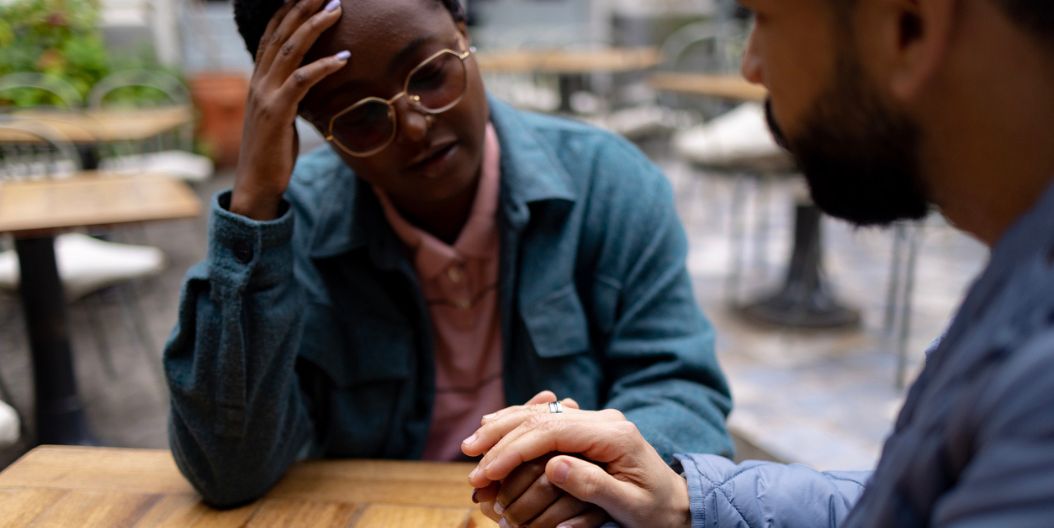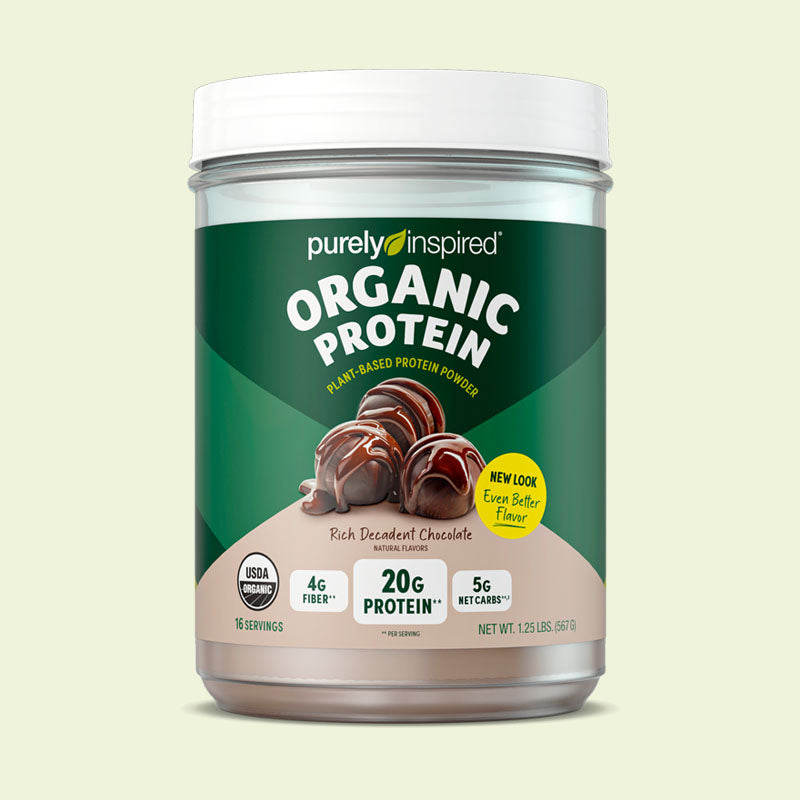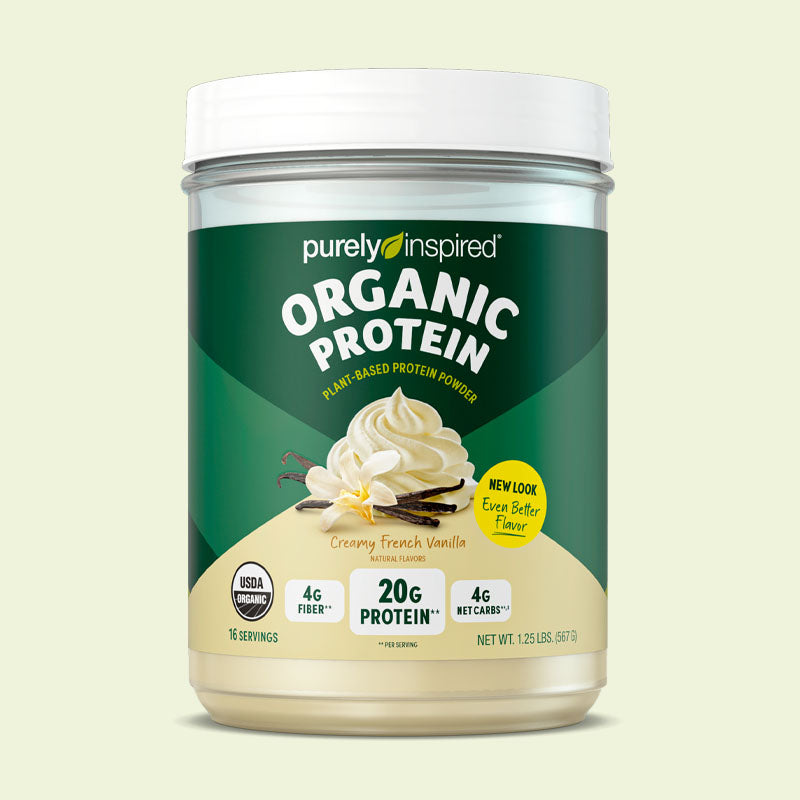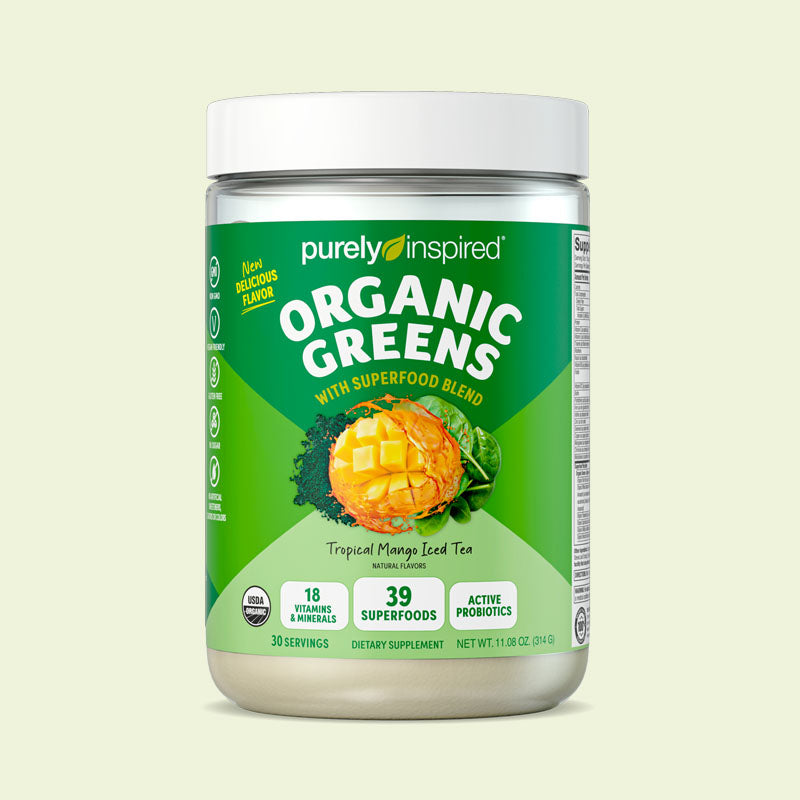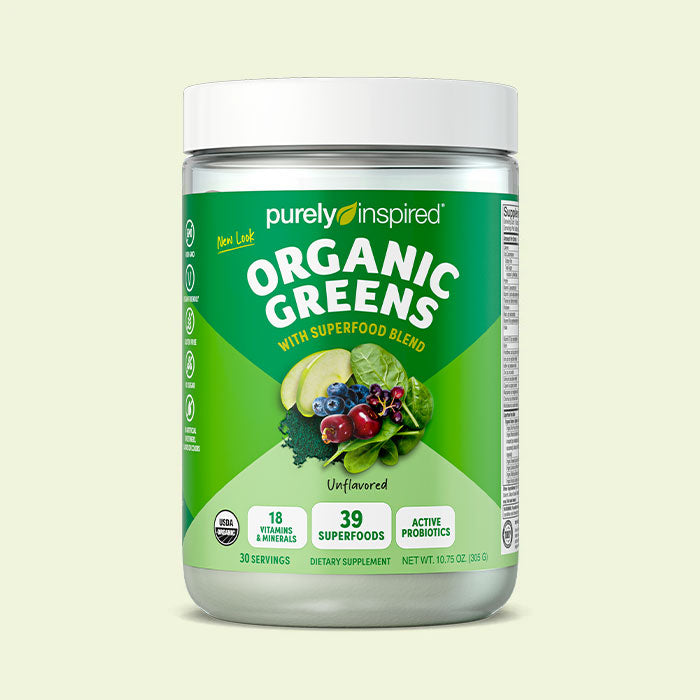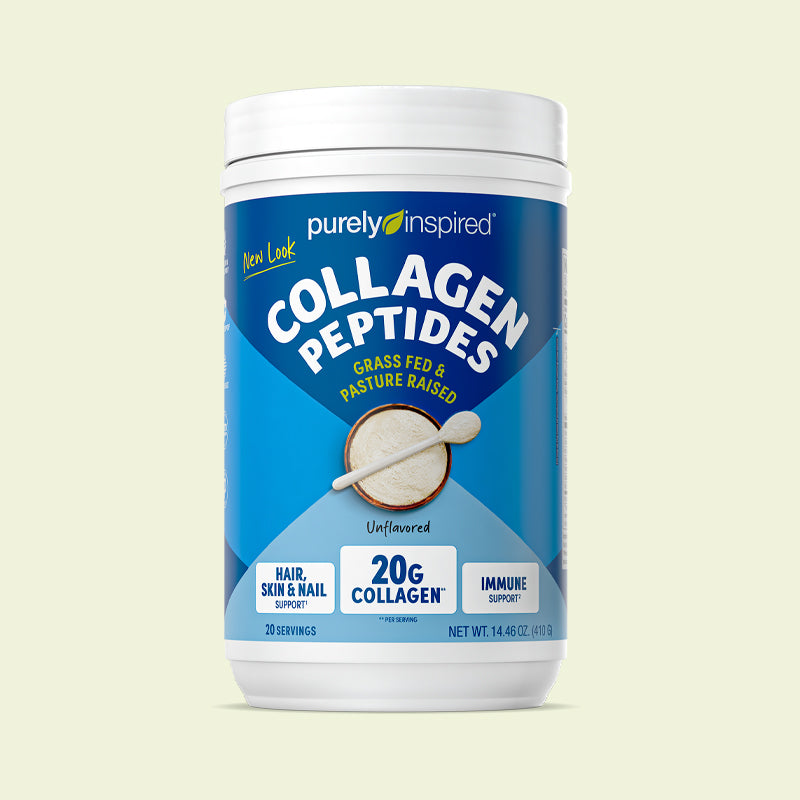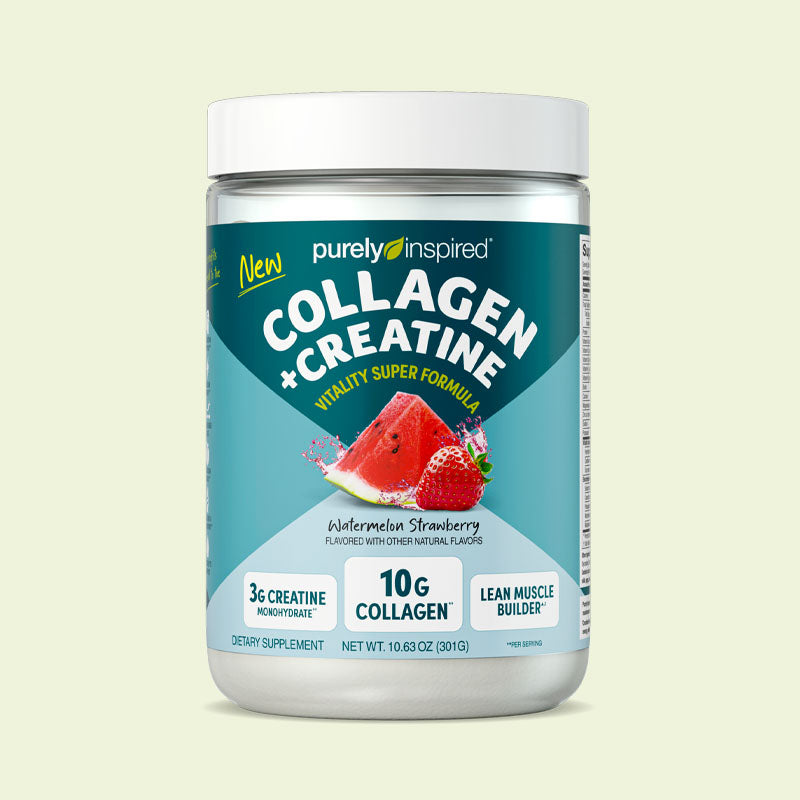When trauma happens, people bond. When love happens, people bond, too. These two have been the main causes of people bonding and staying together – mostly in a romantic sense. But, as times move forward, relationships face hardships. When the people who have been invested for so long face challenges, it may be a defining moment for the relationship. If you have been experiencing tension or severe mood swings, then you and your partner might share a trauma bond instead of experiencing pure love.
Determining which one it is as early as possible is imperative so you know what to do moving forward. Most people are aware of trauma bonds and love and know how to differentiate the two. However, not everyone might recognize what is happening, especially when you are so invested in making things right. So, what is the difference between them? How can you recognize trauma bonds over love, and what can you do to make a change for the better?
Understanding Trauma Bond vs. Love
The contrast is there – only you are not able to see it at the moment. Looking deep into your relationship can make you differentiate everything. It can make you realize what you have been in and help you move forward if necessary. Let’s begin this journey together - here are the trauma bond signs you need to be aware of.
1. The pace of the relationship
The bond that happens due to trauma creates a fast-paced relationship. There is a period in the beginning where one of the partners loves-bombs the other. They shower them with gifts, acts of service, and compliments. This may feel like much for the other person, but after all, the ego boost is ever-present. However, this is exactly what prevents any warning signs from coming to the person. So, the relationship proceeds. In the case of love, there is a real connection, and it is gradually established. Partners open up slowly after some time has passed.
2. Very high… and then very low
Extreme highs and lows are some of the most common trauma bond signs. There are always moments of fear, then moments of connection right afterward. Overall, the relationship is not very stable. The same cannot be said about love. With love, as time passes, the stability increases. The relationship progresses toward a firmer ground.
3. The way you communicate
Trauma bonds are also characterized by limited communication. The partners (or one of them) avoid deep conversations, and when that is the case, the other partner does not get a chance to voice out any needs or concerns. In love, there is always an open channel for communication. Both partners are equal, and both communicate as such.
4. What you feel
We mentioned the extreme highs and lows, but what some people are not aware of is that the trauma bond can be highly addictive. One of the partners does not know when they will get the next reward (connection). That makes them stay. That also makes them grateful when the next reward comes. They blame themselves if the reward does not come as soon as they expect. On the other hand, in a relationship based on love, the connection is always there. Both partners are equal, they have a constant sense of intimacy, and they feel lucky in the relationship – lucky to have each other.
5. Is there power involved
Power play is another common and rather dangerous trauma bond sign. Either one person has all the power while the other has none or the power constantly shifts rapidly. Either way, it is not a healthy form of connection between two people. The situation is different with love – the partners are more or less equal. There is no trying to take over control – of anything.
6. Feeling dependent
The co-dependency is nice to a certain extent. For example, when in love, it is a good feeling to know there is someone there for you in a healthy way. You make yourself feel good and make your partner feel good, too. That is called interdependence. But co-dependency is an entirely different thing. There is always one person who is forced to depend on the other. Over time, this causes that person to lose their self-esteem and self-identity.
7. Type of attachment
The secure attachment is often found in a healthy, loving relationship. This is their primary attachment style, and it is what the partners rely on. On the other side, insecure attachment is what happens when both partners form a trauma bond. They create an insecure attachment, and they are likely to go ahead with it for a long time.
8. Level of boundaries
In a trauma bond, boundaries are almost non-existent. As a result, one partner always adopts the feelings and the worldviews of the other one – and loses themselves in the process. In a loving relationship, both partners have a healthy sense of boundaries, open communication, and a lot of empathy for each other.
It is important to acknowledge the difference between these two, as your relationship is an important factor that contributes to who you are as a whole. Once you have determined the differences, you can begin your trauma bonding, healing, and recovery journey.
How To Break A Trauma Bond?
It can be incredibly difficult to come to terms with the fact that you are in a trauma-bound relationship. Thankfully, you can start gravitating towards a better outcome in many ways. It is important to start working on trauma bond recovery now, as you will inevitably come to the point where you might need to decide whether to proceed with the relationship at all (or not).
Here are a few ways to break a trauma bond:
1. Make a plan to exit safely
You should do this in case your partner gets angry or becomes violent. Locate an area in the home where you can exit from, and try to avoid confined spaces as much as you can. Again, this is for those extreme situations. While this happens, try to make contact with a neighbor or a friend. It is always good to have a support system set in place.
2. Support
While we are on the topic of support, take a look around you. Are there any people in your life you can rely on? There is no shame in admitting that you are in a trauma bond. Things will go well for you as long as you admit and start taking the necessary steps for yourself. Consider the people closest to you as your resources. They are right there, readily available. Rely on them, but if needed, include some support from a professional, too.
3. Boundaries are important
This can be incredibly difficult at first, especially for those who have never set any boundaries in a relationship. The other person may try to push and test these boundaries. You must establish clear lines and have your partner follow them.
4. Couples therapy as a way to cope
This is another great way of exploring issues in a relationship and giving yourself (and your partner) turns while doing so. Couples therapy has been a healthy way of coping with a trauma bond, and it may result in the most wonderful of connections. You move forward in a good direction, you address issues, and you find ways to cope and communicate.
Trauma Bond Healing
Trauma bond healing can be the most rewarding time for you. Over time, you may have accumulated stress and negative emotions, and now it is time to let go of everything. Even if you have begun your process (or ended) with couples therapy, there is still much more you can do. There is an amazing journey waiting for you. All you need to do is start walking on it!
To start your trauma bond healing process, turn inward. See deep within your soul and discover yourself every day. Here are a few steps on how you can begin your journey.
1. Continue with therapy
If it has been a safe space and a vessel through which you can explore your thoughts and emotions, why not continue? Individual therapy is just as important as couples therapy. Once you start the process, you just might uncover a very bright and happy side of yourself.
2. Start by focusing on the good
Stand in front of your mirror and look at yourself – what do you see? You should see a person who is happy with who they are and where they are in life. An incredible person, someone who has gone a long way to get here despite the trauma bond’s hardships. You see yourself in all your true colors.
3. Explore yourself
You have the liberty to do whatever makes you happy, so begin! Start looking at hobbies or things that make time pass by fast. The more you explore, the more options may come to the surface!
4. Go at your own pace
Remember that now, once you are free to do whatever makes you happy and focus on yourself, it doesn’t mean you should put pressure on yourself. Do things one at a time, at a pace that suits you the most. Give some time to heal from the realization that you have been in a trauma bond and not love. Instead of moving in a vicious cycle or staying in one place longer than you should, come out of your cocoon slowly.
5. Have a happy body
Up until this point, we have talked more about the importance of a healthy mind. But, most people are aware that a healthy mind and healthy body go hand in hand. So once you have established clear boundaries and determined what you want to do moving forward, the last part of trauma bond recovery is to establish some healthy habits for yourself!
Your body is important, and you must always take care of it. The best way is to start your journey with gentle exercise and a healthy meal plan. As you move along, you may discover a lot of new things that you like – specific healthy foods, ways you can improve your performance during your workout sessions, and more.
It is at that moment when we come to the scene.
A fresh choice for a fresh start
The products we offer can be added to your healthy and active lifestyle. combine what every healthy person needs. Wanting to take proper care of yourself is one thing - actually doing it is another. So, if you have been searching for some incredible products dietary supplements to complete your cycle of creating a new you, here is what we offer.
Weight management – the dietary supplement you can use if you have just begun your fitness journey and want to shed a few pounds.
Protein – a high-quality protein the dietary supplement that may be one of the most sought-after products in the world. Good protein intake is the most important thing, especially for those who want to keep their fitness goals in check healthy daily, without exceptions.
Collagen – take care of your body by consuming this collagen supplement. You get extra immune support with added Vitamin C and zinc, a collagen boost, and something that will support take care of your nails, skin, and hair with added biotin.
Superfoods – last but not least, the superfoods have grown in popularity in recent years. There is a good reason behind it. If you lack the time to prepare a nutritious meal, for yourself every time, or you just think you could do better, getting the superfoods dietary supplements is an excellent way to keep yourself in good shape check.
Over To You
When you have particular goals, you act accordingly. In this case, as your goal has been to dive deep into the subject of trauma bond versus love, you have uncovered so much more than that. From all the highs and lows you have experienced while reading this, we leave you with one thing to work on – yourself. Getting the desired results starts with the mind but is reflected in the body.
We can only hope we have sent you on a transformative path. If you are interested in discovering more on other subjects, check out our other blogs on our blog site.
Read Our Most Read Bogs:

